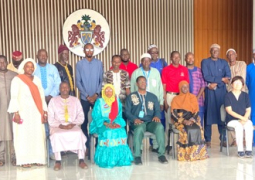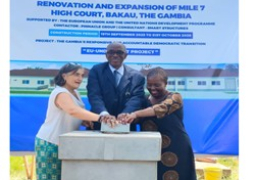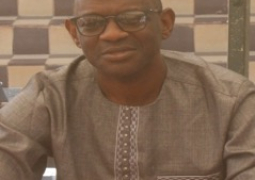
At least eight heads of state from: Nigeria, Guinea Bissau, Senegal, Mauritania, Sierra Leone, Ghana and Liberia are expected to attend.
President-elect Barrow, who initially promised Gambians to serve for three years contested with the top opposition leader lawyer Ousainou Darboe, Mama Kandeh, Halifa Sallah, Ebrima Jammeh, and Essa MbyeFaal for this term.
Mr. Barrow ended the government of a long-serving President Yahya Jammeh's 22-year authoritarian rule by winning more than 45% of the vote in December 2016.
Barrow's inauguration as President in 2017, ending 22 years of rule by Jammeh, raised hopes of a new era of respect for media freedom. However, after five years of ruling the country, the draconian media laws are still in the laws of the country. A newly drafted Constitution to rescue Gambians from the bad laws in the 1997 Constitution failed to attract parliamentary approval after spending millions in the process.
With the continuous rise in prices of basic food commodities and other tangible goods, many people who rallied behind the president during the presidential election have expressed some disappointment due to the high cost of living. Some APRC militants, a party that backed the incumbent during the just concluded elections have also taken to social media in the recent days to express disappointment for the arrest and charge of former President Yahya Jammeh’s most trusted general bodyguards, who recently returned from exile.
The main issue with the country after 57 years of independence is the lack of stable power supply and water, employment opportunities for young people, world-class roads and health infrastructure, education, and high cost in living conditions.
Forbes has reported that the Gambia is the worst country to do business since 2019, which many citizens described as unfortunate and called for action.





